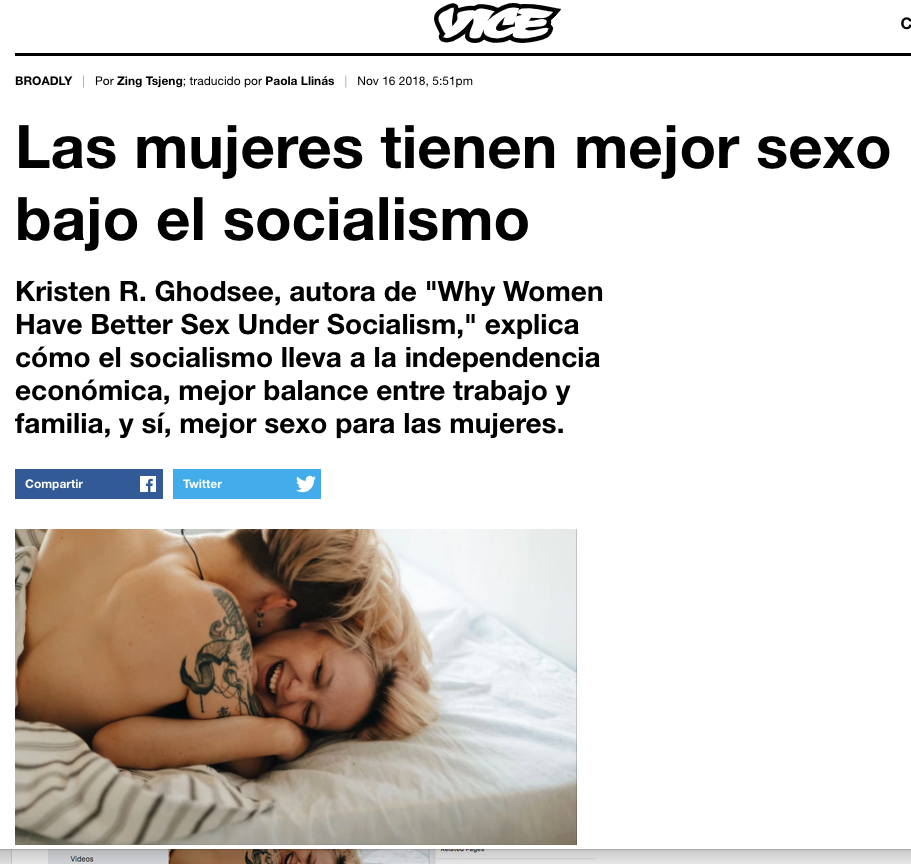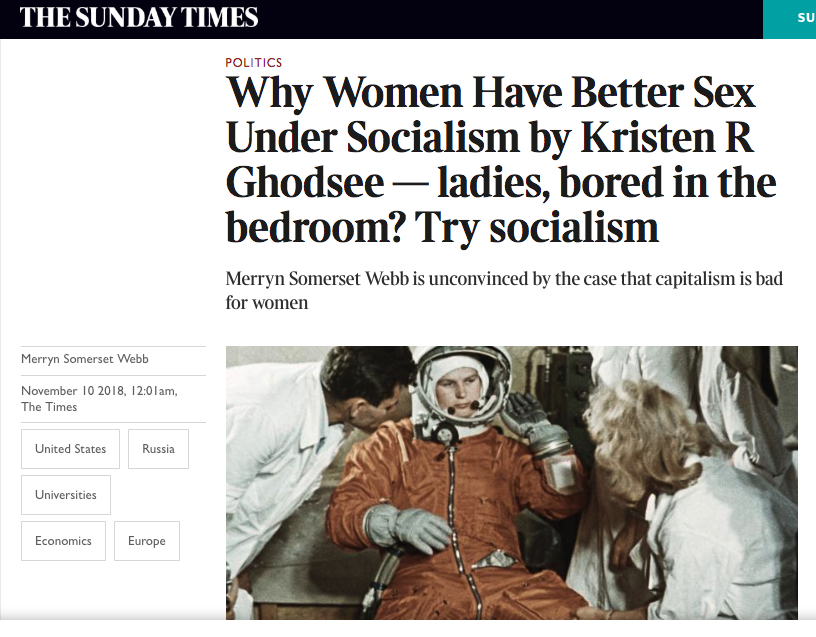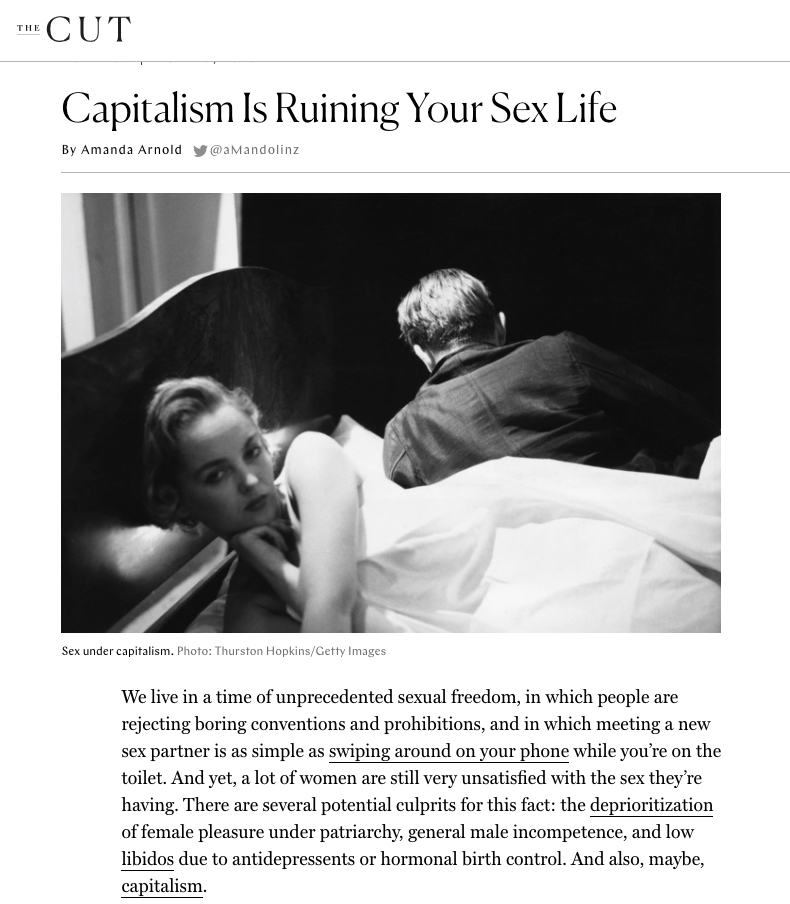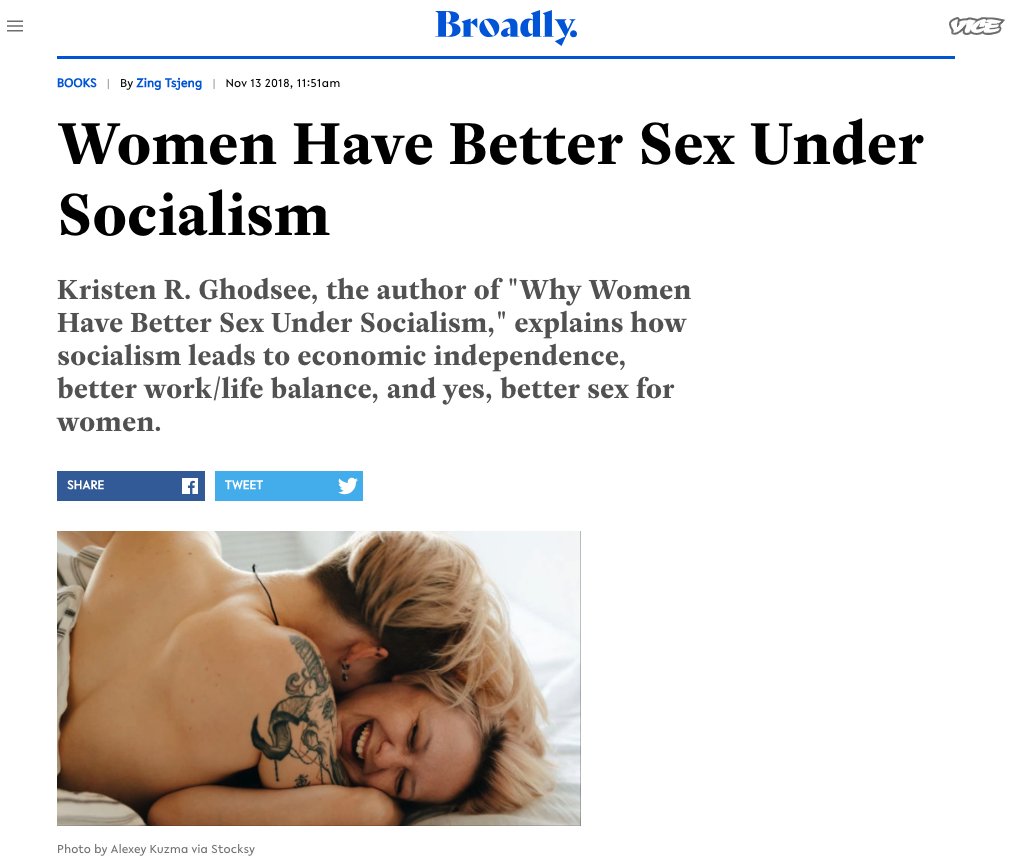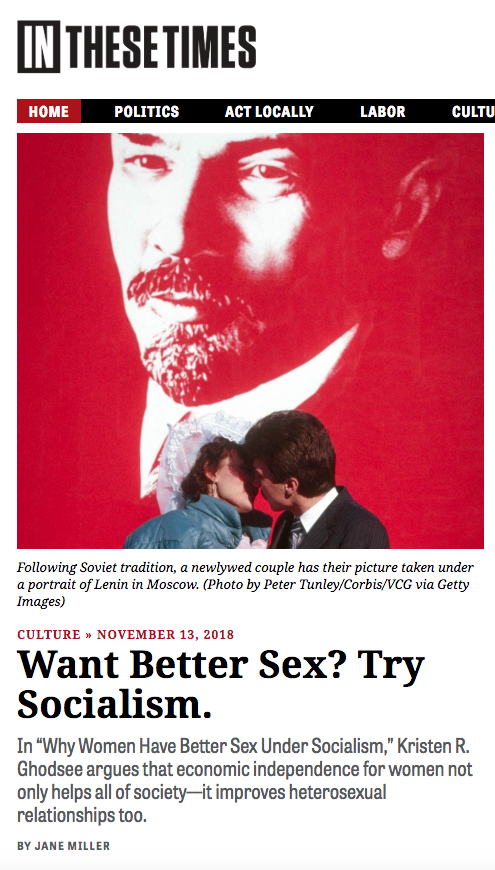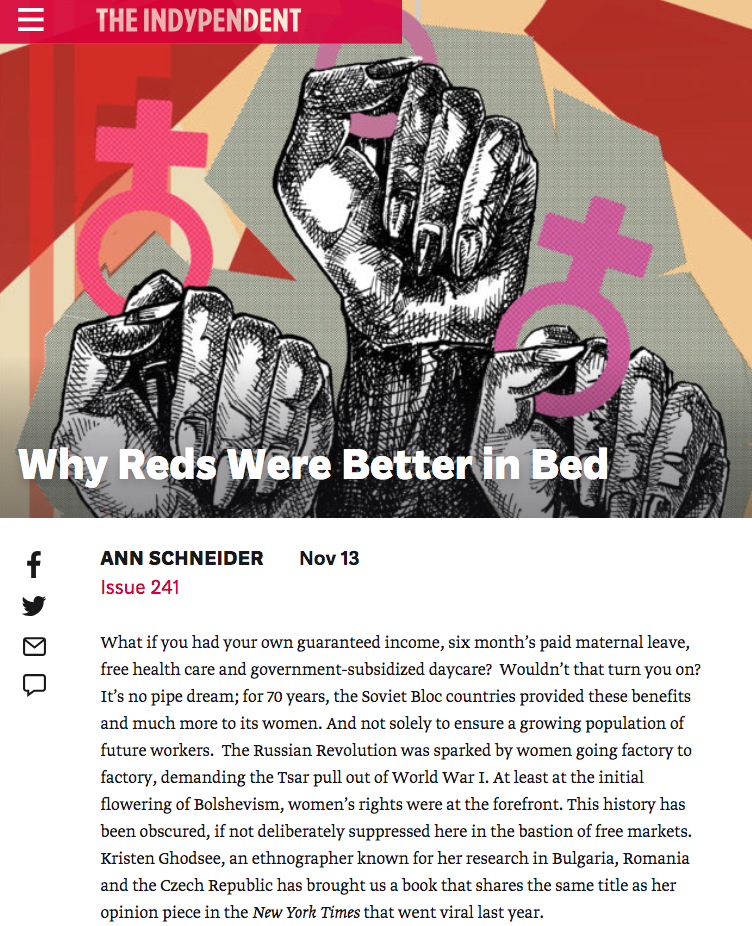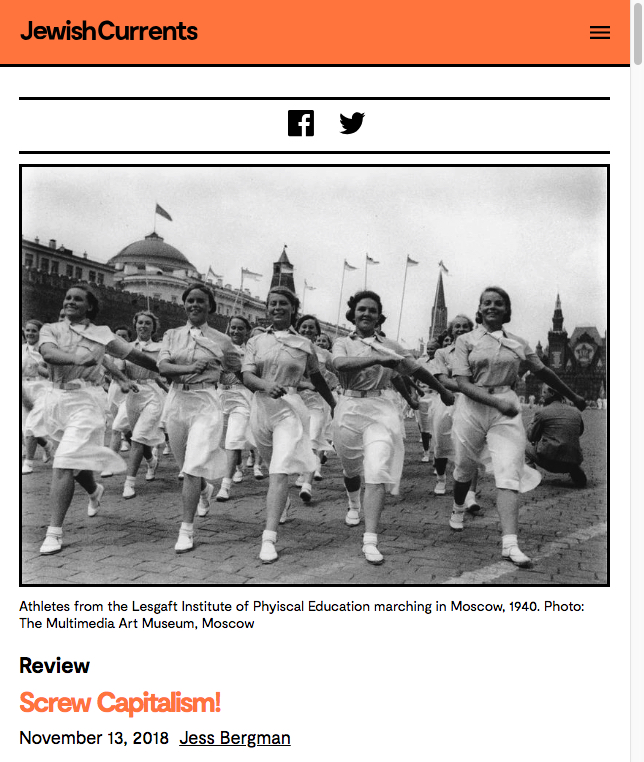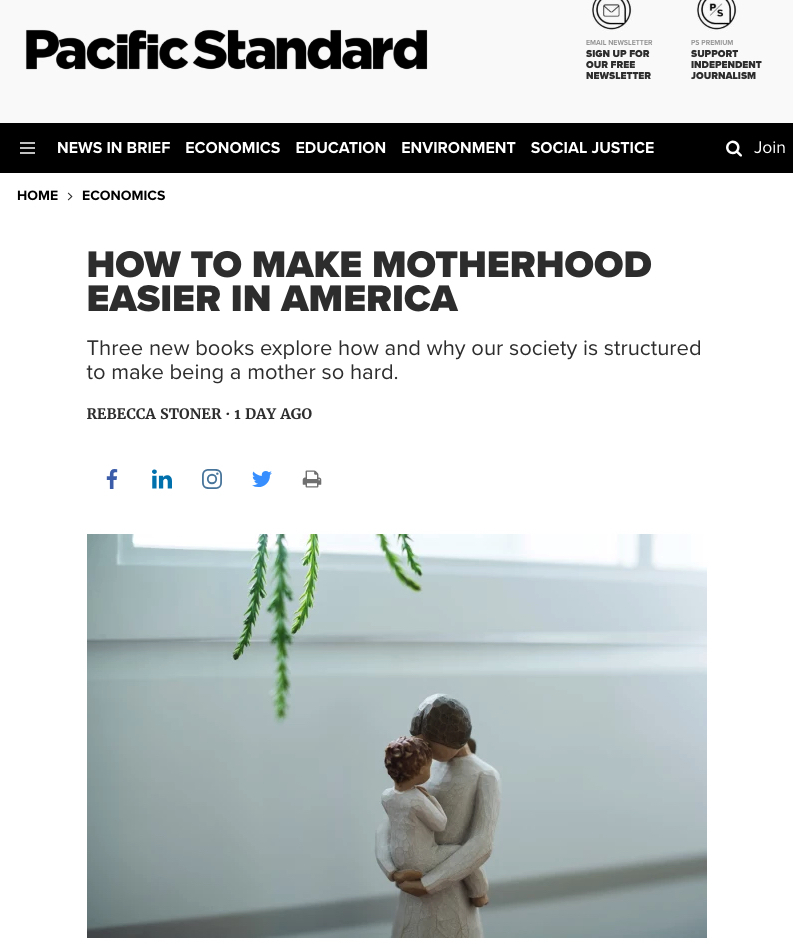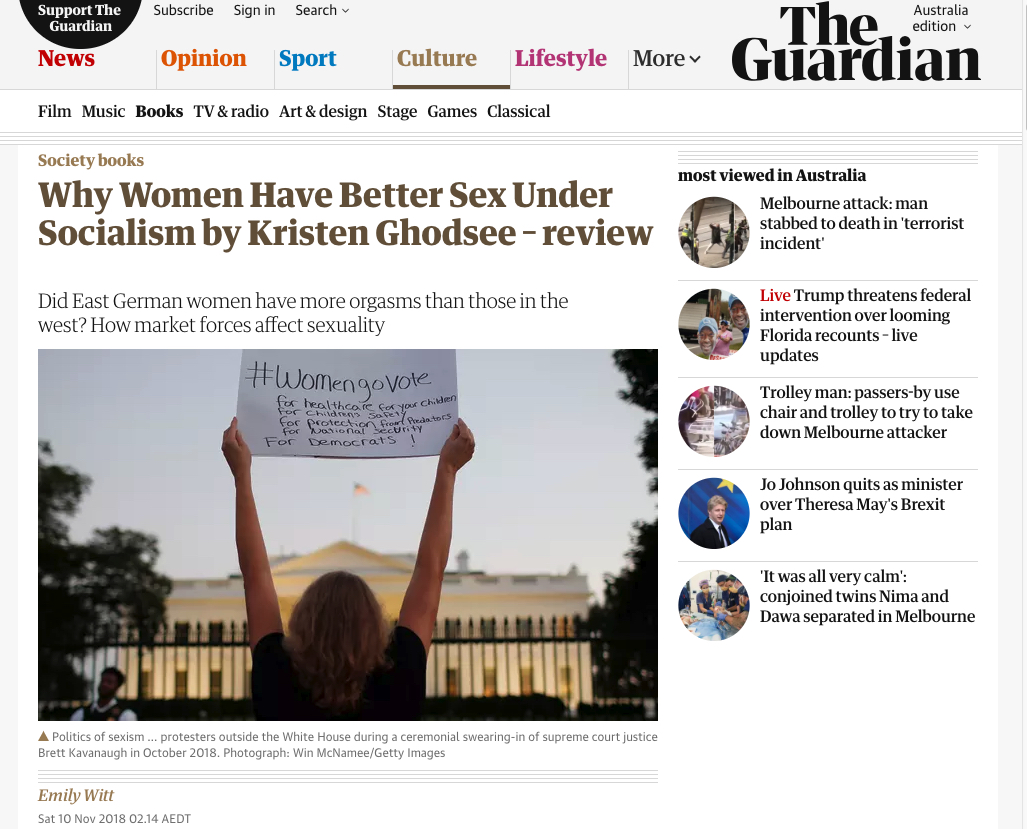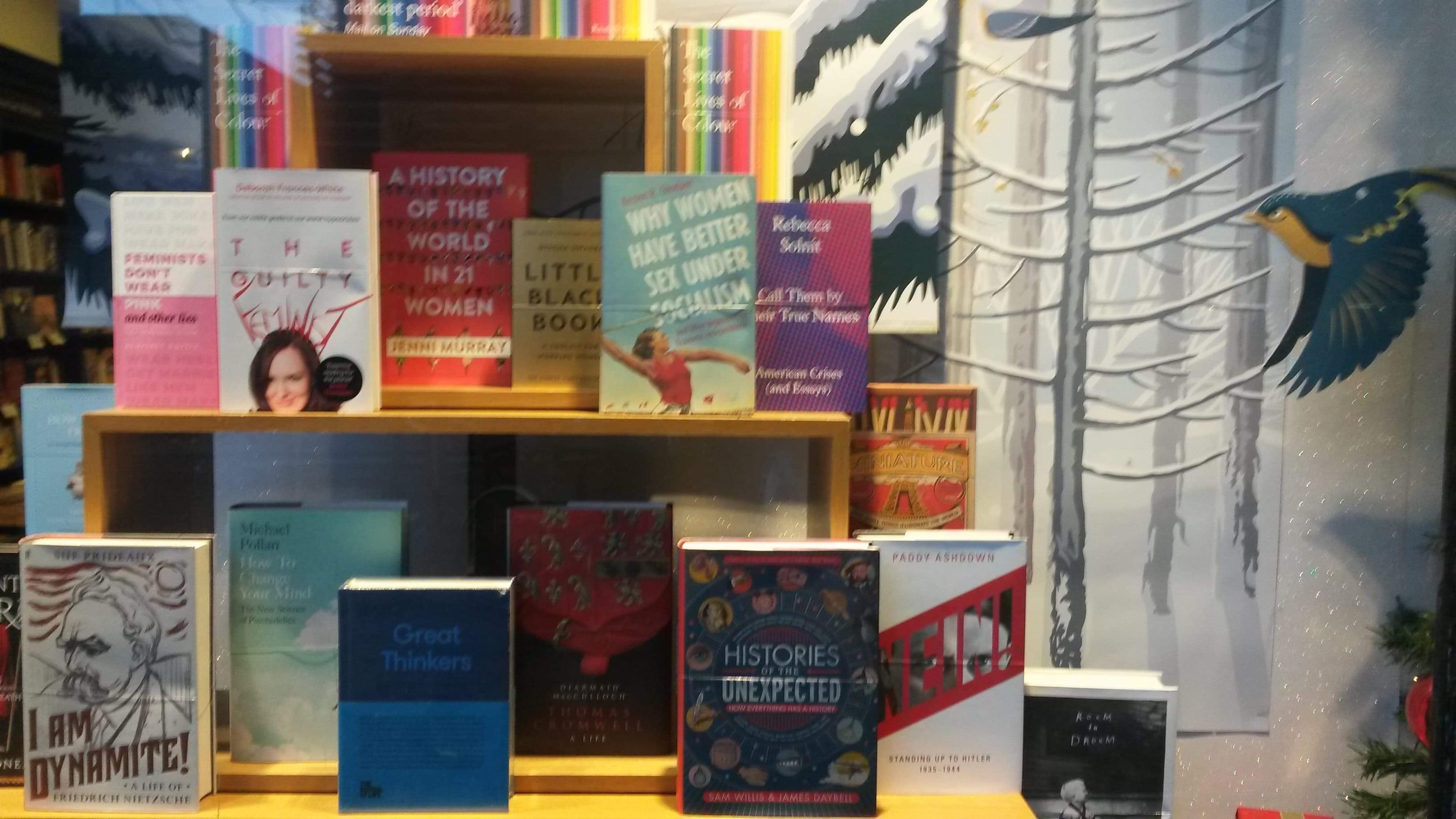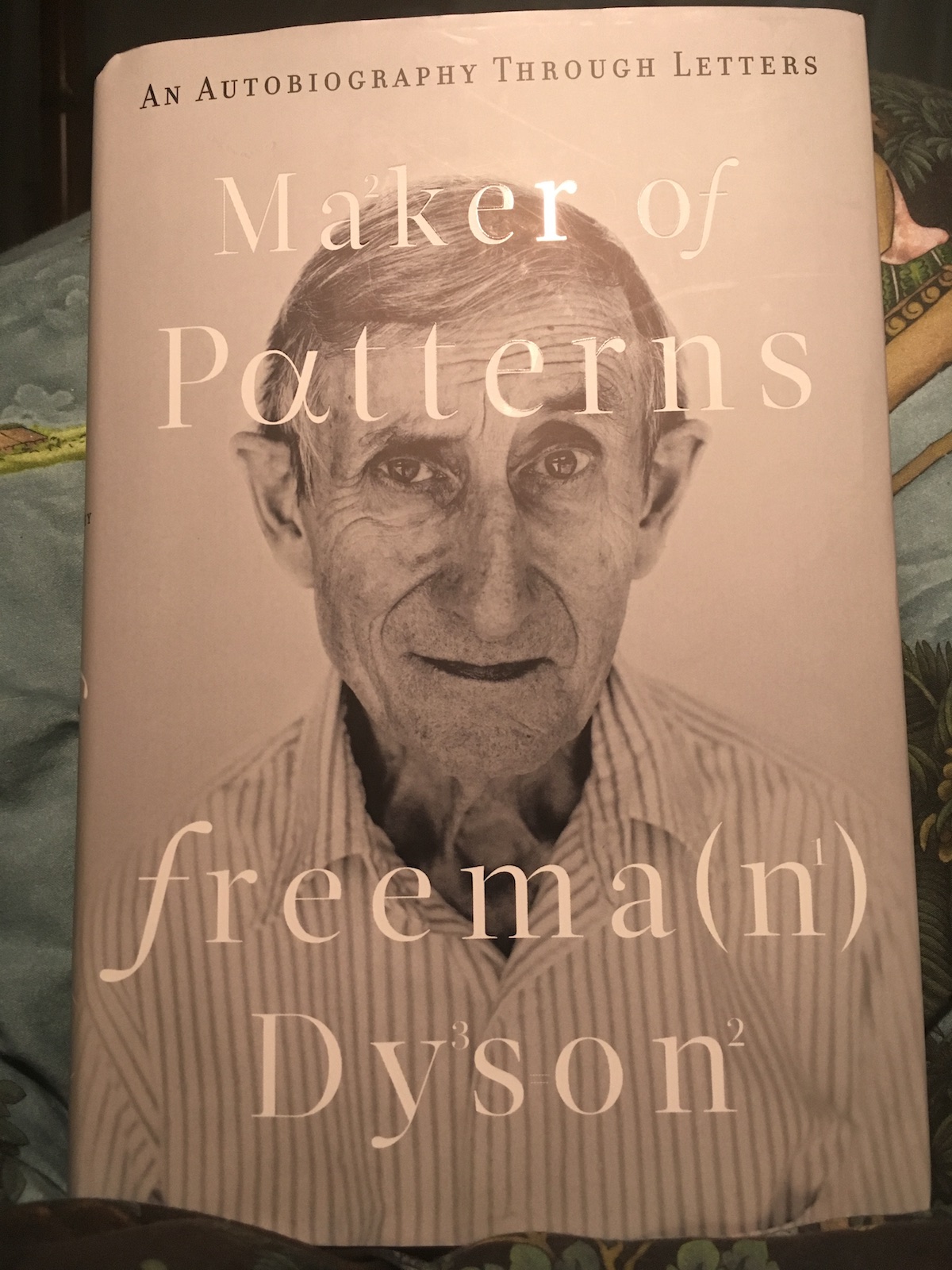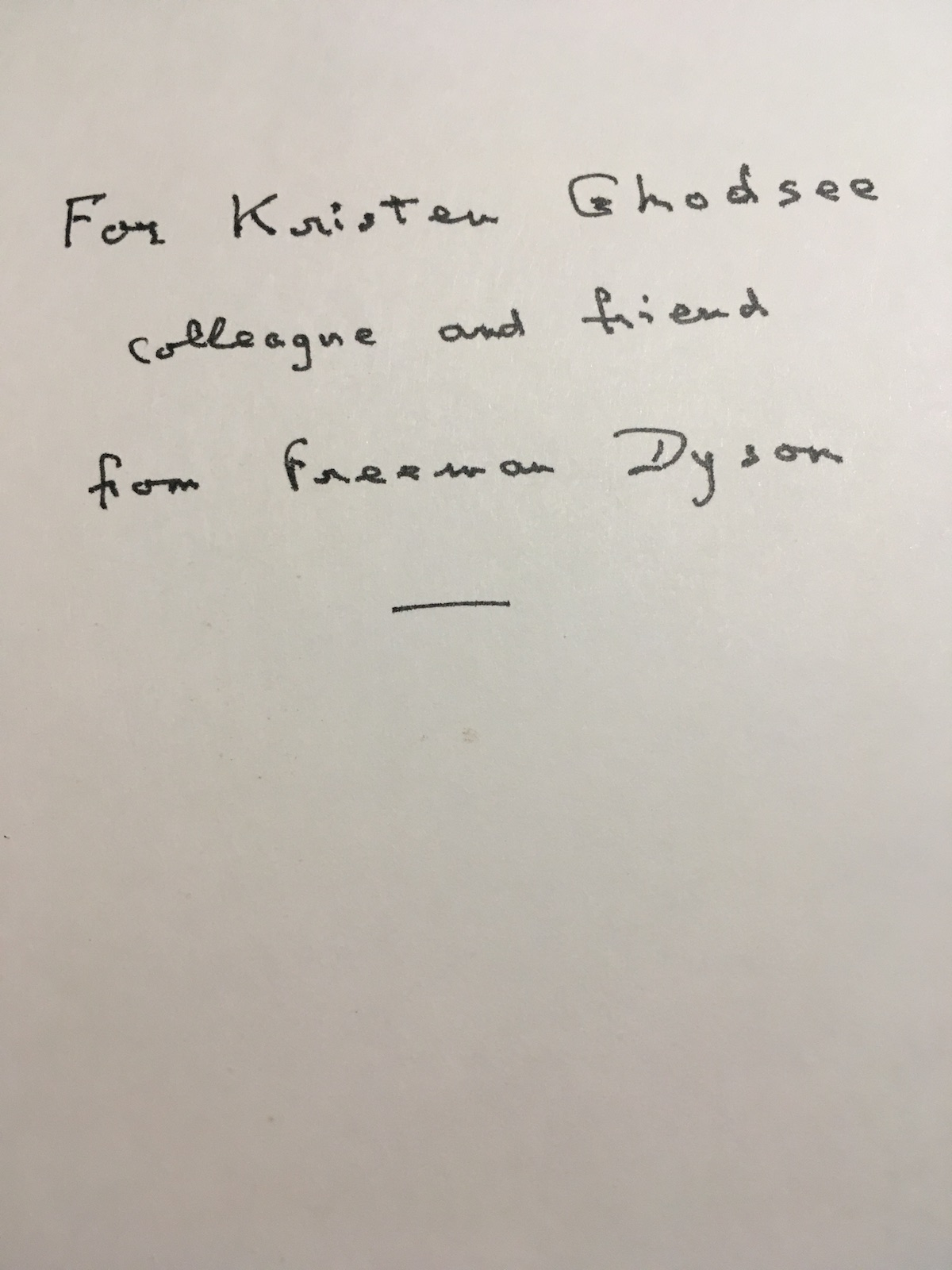Just realized that this interview with Vice Broadly was also translated into Spanish!
Reviews, reviews everywhere!
The last week has been a whirlwind of reviews to coincide with the original publication date of my book in the US. Perhaps because of Michelle Obama’s memoir, quite a few books were pushed back a week and my new publication date is Tuesday, November 20th, just in time for people to read it before Thanksgiving dinner. It will make for many debates around the table, I am sure. So far the reviews have been very encouraging. Even the conservative Times of London said that parts of the book were “fascinating,” and that “This book is not as silly as its title suggests.” That’s high praise from a Tory paper!
Event at Politics and Prose
Thanks to the folks at Politics and Prose for letting me come and talk about my book in DC. Always such a treat to meet readers.
Two wonderful reviews from The Guardian and Pacific Standard!
Thanks so much to Rebecca Stoner and Emily Witt for their thoughtful reviews in Pacific Standard and The Guardian.
Spotted in the window of Waterstones on Gower Street in London
Thanks to Lidjia Haas and Violet Lucca at the Harper's Blog!
Okay, so I am terribly slow on the uptake because I am not on social media, but I was so thrilled to discover this lovely conversation between Lidjia Haas and Violet Lucca at Harper’s Magazine about Why Women Have Better Sex Under Socialism.
https://soundcloud.com/harpersmagazine/fall-books-and-an-interview-with-rachel-kushner
The conversation starts at around 22:40 and goes for about 10 minutes.
A whole day reading...
I spent the whole day yesterday rereading this biography from start to finish. What a luxury. So many great quotes from the amazing Aleksandra Kollontai.
Listen to an audio excerpt from Hachette Audio
Hachette Audio has just posted a clip of the audio version of my forthcoming book. It is a little odd to be British, but so far I think Esther Wane, the narrator, is doing a wonderful job.
The British book is a reality
To celebrate the arrival of my British author copies, my partner bought me a bottle of the good stuff. This book goes on sale in the UK and in the British Commonwealth as of November 1, 2018. This is going to be a wild ride.
Kirkus Review →
“From paid maternity leave to employment assurances, an argument for the benefits of socialism for women.
Ghodsee (Russian and East European Studies/Univ. of Pennsylvania; Red Hangover: Legacies of Twentieth-Century Communism, 2017, etc.) sums up her thesis in the introduction: “Unregulated capitalism is bad for women, and if we adopt some ideas from socialism, women will have better lives.” And if you disagree with the author, she clearly doesn’t care. “If you don’t give a whit about women’s lives because you’re a gynophobic right-wing internet troll,” she writes, “save your money and get back to your parents’ basement right now; this isn’t the book for you.” Ghodsee’s in-your-face tone sets the stage for a book that takes readers on a pointed examination of the Soviet experiment. Using her years living in Bulgaria as fodder for the narrative, along with decades of research, she makes the case that there are lessons capitalist countries can and should learn from socialism—e.g., how socialists pushed for equity between men and women and the benefits of collective forms of support for child-rearing. At the same time, the author isn’t blind to the failures of socialist regimes. “Hungarians never managed to redefine traditional gender roles,” she writes, “and domestic patriarchy was strengthened by pro-natalist family policies.” Still, she points to examples of Scandinavian countries where socialist ideas are working to improve women’s lives: “A wider social safety net,” she writes, “like those in the contemporary Northern European countries, will increase rather than decrease personal freedom…no one should have to stay in a job she hates for health insurance, or stick with a partner who beats her because she’s not sure how she’ll feed the kids, or have sex with some sugar elder because she can’t afford textbooks.” Ghodsee makes a convincing case, though she fails to investigate how socialism addresses LGBTQ and people of color. Perhaps she’s saving that for another book.
While the title is the literary version of click-bait, the book is chock-full of hard-hitting real talk.”
An early trade review from Publisher's Weekly →
“Eastern European studies professor Ghodsee (Lost in Transition: Ethnographies of Everyday Life After Communism) expands her viral New York Times op-ed into a passionate but reasoned feminist socialist manifesto for the 21st century. Drawing lessons from the history of women’s experiences under mid-20th-century state socialism and then under the capitalism that followed its collapse, she argues that “unregulated capitalism is bad for women, and if we adopt some ideas from socialism, women will have better lives.” Ghodsee devotes the most space to sexuality, arguing that in societies that have economic equality by gender, reproductive freedom, and social safety nets, women are freer to pursue their own desires. She also posits that the depression caused by living in a sexist society can squash heterosexual couples’ libido and male-female emotional connection, supporting this idea with data from studies of women in East and West Germany, Hungary, and Poland. And she delves into the benefits of full participation of women in the work force, especially in the public sector, supported by childcare and freedom from “statistical discrimination”; visible presence of women at top levels of government and business; and women’s participation in the political sphere. Pointing to successes not only in Communist countries but also in Scandinavian social democracies, Ghodsee’s treatise will be of interest to women becoming disillusioned with the capitalism under which they were raised.”
Another blurb, this time from journalist Daisy Buchanan
“This book is funny, angry and urgent – it’s going to make readers think very differently about how they work, and how they live. Ghodsee is going to start a revolution. I’m already making a placard”
A lovely blurb from the journalist Kate Arnoff
“A quietly damning indictment of the Lean In approach to women’s empowerment through the corporate boardroom. Ghodsee makes a compelling case for a more expansive understanding of feminism, where remaking the economy is central. A necessary reminder that today’s socialism should be as much about pleasure as it is about power and production.”
Summer reading: The Sum of Small Things
Read a review of this book and decided to check it out for myself. Overall, it is a fascinating read about the rise of inconspicuous consumption among the so-called aspirational class. There is a lot of interesting information in the book, and it reflects on the social consequences of growing inequality in the United States and how it is becoming more and more difficult to reverse its long term effects. Forget about the Rolex and the Benz, health, wellness, education, and security in old age are the new status markers.
Summer Reading: Natural Causes
A friend recommended this book, and I devoured it in one sitting. I have always loved Ehrenreich's writing and for many years I taught her book, Nickel and Dimed. Because I also learned so much from Bait and Switch and Brightsided, I was eager to read her take on the hyper-medicalization of aging in the United States. She did not disappoint. It is so refreshing to read about someone who is growing old with grace and who is not afraid of the inevitable. Highly recommended for anyone over 40.
Summer reading: Workshops of Empire
I read Eric Bennet's article, "How Iowa Flattened Literature," in the Chronicle Review a few years ago and was very excited for this book. His basic argument is that Cold War pressures, and especially the need to fight against socialist realism, deeply influenced the development of American creative writing programs in the 1940s and 1950s. A lot of the techniques that the literary cognoscenti associate with "good" writing today are really artifacts of the anti-communist politics of the Cold War. It's a fascinating argument, and it helps me understand why much American creative writing tends to hyper-focus on the individual and the sensory experience of the world and eschews politics, philosophy, and ideas.
Summer reading: Axel Honneth, The Idea of Socialism, 2017
Daisy models Axel Honneth's excellent (and short) book, The Idea of Socialism
“For decades, despite a number of attempts at mutual rapprochement, the relationship between the socialist workers movement and the emerging feminist movement remained tense and unhappy. Although it became increasingly clear that women’s liberation not only required greater equality in terms of voting and labor rights, but also a more fundamental cultural change beginning with established forms of socialization if women’s voices were to be freed from the gender stereotypes imposed upon them, the worker’s movement remained blind to such conclusions, clinging instead to the priority of the economic sphere. How different the relationship between socialism and feminism could have been had socialists only been willing to take account of the functional differentiation of modern societies by interpreting the sphere of personal relationships as an independent sphere of social freedom. Had they done so, the moral standard of free cooperation in social attachments based on mutual love soon would have opened their eyes to the fact that the oppression of women begins within the family, where stereotypes are imposed upon them with open or subtle forms of violence, leaving them no chance to explore their own sentiments, desires and interests. The problem, therefore, did not so much consist in involving women equally in economic production, but in granting them authorship of their own self-image, independent of male ascriptions. The struggle for social freedom in the sphere of love, marriage and the family would have primarily meant enabling women to attain as much freedom as possible from economic dependency, violence-based tutelage and one-sided labor within the hatchery of male power. This would enable women to become equal partners in relationships based on mutuality, and it is only on the basis of free and reciprocal affection that both sides would have been capable of emotionally supporting each other and articulating the needs and desires they view as a true expression of their selves.”
“We are unable to anticipate social improvements in the basic structure of contemporary societies because we regard the substance of this structure as being impervious to change, just like things. On this account, the inability to translate widespread outrage at the scandalous distribution of wealth and power into attainable goals is due neither to the disappearance of an actually existing alternative to capitalism, nor to a fundamental shift in our understanding of history, but rather to the predominance of a fetishistic [and fixed] conception of human relations”
Lunch at the Institute for Advanced Study
I drove up to the Institute for Advanced Study in Princeton today to have lunch with Freeman Dyson after finishing his new book, Maker of Patterns. I tore through the book in one day, and enjoyed it immensely. Dyson narrates his life through a collection of letters he wrote home to his parents and later to his sister Alice. It is a remarkable jaunt through the second half of the 20th century – both personally and politically – and it is a real literary triumph. If anyone wants a good summer read, I highly recommend this book. At 94, Dyson is still a formidable force and a wonderful conversationalist.

